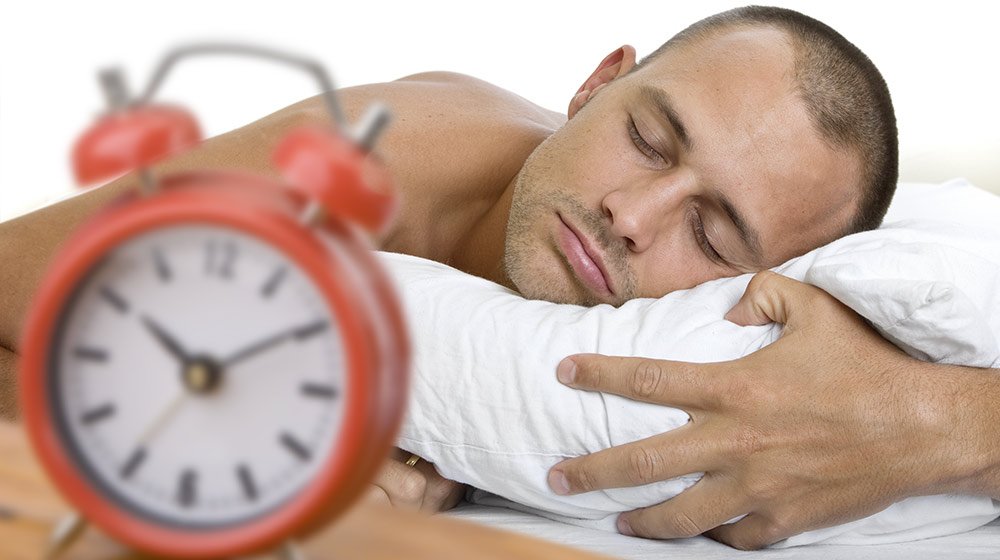
Health Hormone Health

Getting extra sleep during the weekend is a common strategy to recover from sleep loss incurred during the workweek. Sleeping in may sound logical— after all, sleep duration may average seven to nine hours a week. However, regularity and sleep quality matter, too.
RELATED: How To Have More Energy In The Morning
Sleep needs vary per individual. Most healthy adults need at least seven hours of sleep every night. However, one in three adults does not get enough sleep regularly.
Paid work could be a significant cause of restricted sleep in adults. Short sleepers spend more time at work, according to a cross‐sectional time‐use study. Other environmental factors that lead to insufficient sleep during the workweek may include noise, children at home, and stress.
In most cases, adults who get less sleep on the weekdays make up for lost hours during the weekends by extending their sleep. However, intentionally staying in bed longer to catch up on sleep may cause several health concerns.
Although most people think that getting more sleep on weekends compromise sleep deprivation, this actually may be riskier for your health.
Research shows that recurring insufficient sleep followed by a self-imposed recovery sleep affects the circadian rhythm, energy intake and consumption, Insulin sensitivity, and body weight. Thus, sleeping in may lead to:

People with sleep debt who make up for lack of sleep tend to wake up during the biological night, rather than in the morning. This pattern causes social jetlag, the inconsistency in a sleep schedule between the weekdays and the weekend.
Social jetlag may result in disturbed sleep patterns, fatigue, difficulty concentrating, and a reduction in your performance level.
Studies involving thousands of adults have found that short sleepers are 45% more likely to be obese.
Consuming calories during an irregular biological time of day has unpleasant metabolic consequences in humans. Study findings show that sleeping in increases after-dinner snacks and body weight. Lack of sleep may also increase the desire for sugary and high-calorie foods, which can cause health problems like obesity.

Sleeping between five to six hours increases the risk of high blood pressure. During normal sleep, your blood pressure goes down. However, when you have recurring sleep deprivation, this causes your blood pressure to stay higher for a longer time.
Recurrent insufficient sleep followed by weekend recovery causes a decrease in insulin sensitivity. Low insulin sensitivity, also known as insulin resistance, may cause high blood sugar levels. This condition may increase the risk of many diseases, including diabetes and heart disease.
RELATED: Boosting Your Output is Easier than You Think | 5 Effective Ways to Try Today
When you have a high-quality sleep, your body restores many functions it needs to perform during the day. The benefits of having a good sleep include a robust immune system, steady hormone levels, temperature regulation, and a good appetite. You can follow these steps to ensure that you get enough every night:
With these tips, you will not have to wait for weekends to make up for sleep deprivation. A consistent nightly sleep of seven to eight hours is more important than the average weekly duration. Most importantly, keeping up with your body’s natural cycle reduces the risk of several health problems.
Are you looking for ways to optimize your health? Opt health is a telemedicine platform that aims to reconnect men with wellness, strength, and sexual vitality through the science of preventive medicine. For questions, inquiries, or appointments, do not hesitate to contact us. Get customized support and insight from our top-tier physicians available for you 24/7.
Up Next:
Your health, your terms. Discover how personalized care can transform not just the way you feel, but how you live.